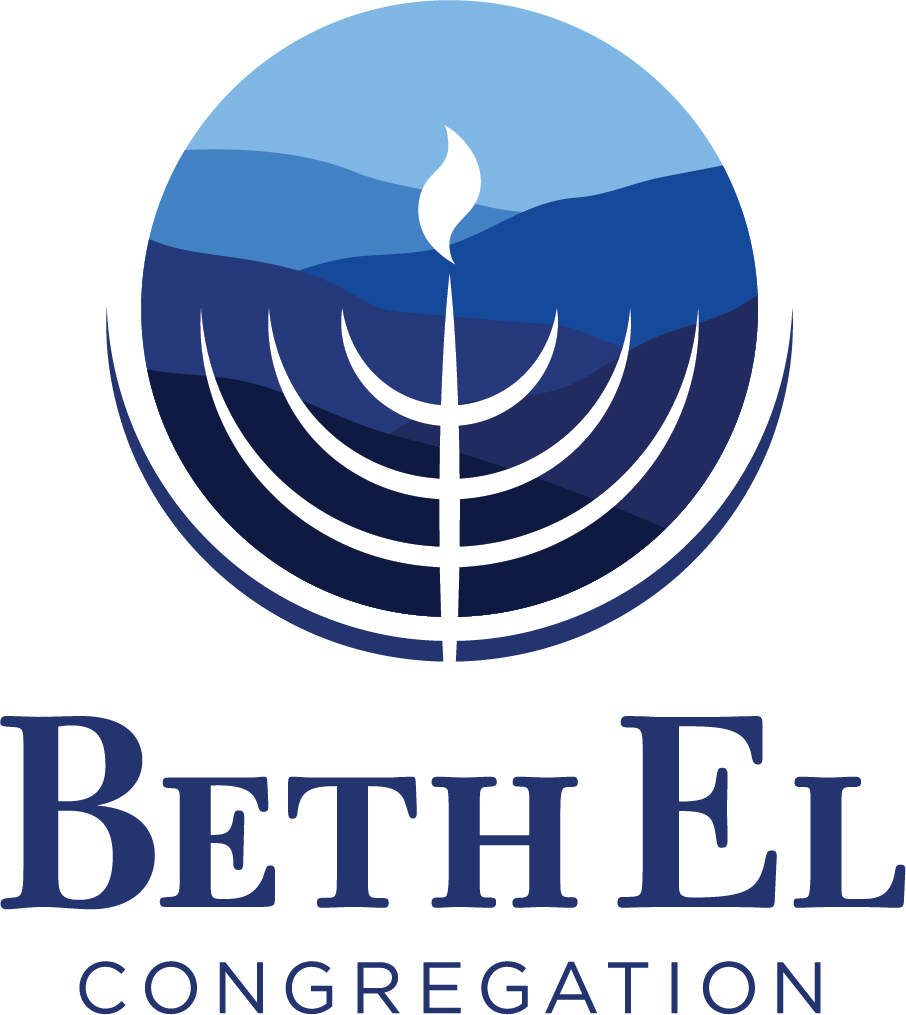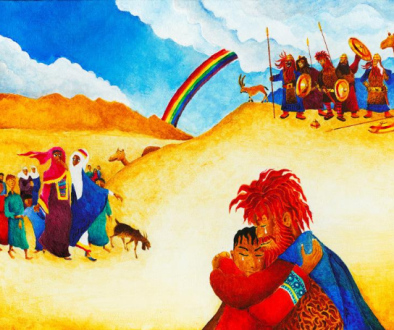D’var Torah Sept 27
Shabbat Shalom!
I hope this finds you all well.
I was recently at my brother’s wedding. The Rabbi who was officiating brought up during her sermon a teaching from the Ba’al Shem Tov: “…if a couple was fighting, they should read the ketubah[marriage contract] aloud to each other because this would help them remember the day of their marriage, when they affirmed their covenant with each other, when they were surrounded with love and good wishes, and when God entered their relationship.”[1]
I love this sentiment. I would echo the fact that both parties, both spouses, affirmed their lives to one another by signing the ketubah with their names. By putting their hands, their penmanship to this paper, by signing this document, they committed themselves both to one another and to this holy union and sacred institution. It is a relationship that they and no one else can enjoy or possess. It is uniquely theirs.
In this week’s combined parsha of Nitzavim-Vayelech*, every Israelite is commanded to write their own Torah.[2] Think about that – writing the entire Torah by hand…Genesis, Exodus, Leviticus, Numbers, and Deuteronomy, the seven days of creation, Adam and Eve, Cain and Abel, Noah and the Flood, Abraham, Isaac, and Jacob, Sara, Rebecca, Rachel, and Leah, Joseph and his dreams, the birth of Moses, the ten plagues, the twelve tribes, the splitting of the sea, the Golden Calf, the 613 commandments, etc., etc., etc.! All of it!
Look – anyone can go out and buy a Torah. And anyone can give you a Torah. Heck, you can even go online and look up the Torah.
But when it’s your Torah that you thoughtfully, carefully, and painstakingly transcribed and wrote down word for word and letter for letter, the Torah itself takes on a special meaning and a unique bond between you and HaShem. One can argue Jim’s Torah reads exactly like Bob’s Torah, which is identical to Mary’s and Sally’s, but still it’s just not the same. Something happened; something took place when it was the work of your own hand.
Arguing in front of the ketubah provides for an azimuth check when a couple gets off course, and allows them the opportunity and reminder to de-escalate, apologize, and reset. Similarly, when lost, confused, angry, ashamed, disheartened, or downtrodden, someone can always turn to their Torah that they wrote, and find in it divine words of consolation, knowledge, resiliency, hope, and inspiration.
Bizrat HaShem, with God’s love and help, in this new year of 5785, may we all be blessed with the opportunity to write our own Torahs.
Wishing you a Good Shabbos and a great weekend.
Bivrakha,
From the desk of: Rabbi Aaron Stucker-Rozovsky
Beth El Congregation | 520 Fairmont Ave, Winchester, VA 22601
(540) 667-1889 (office)

